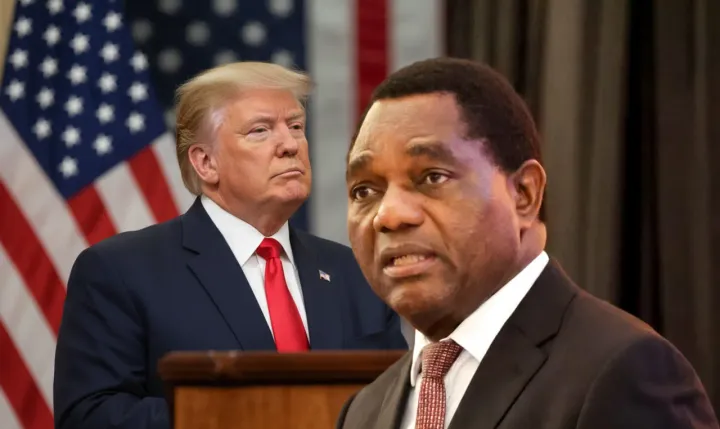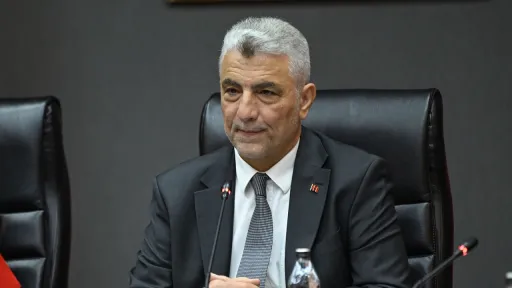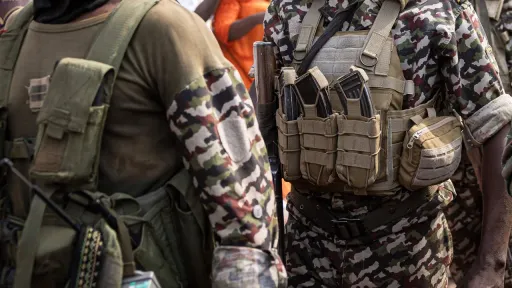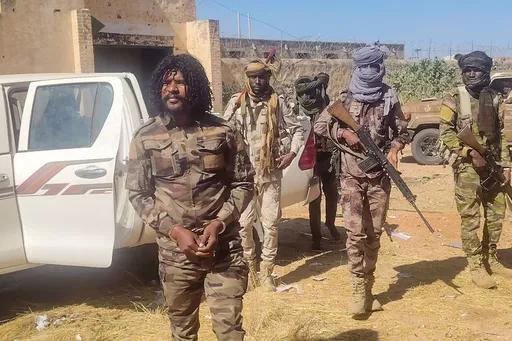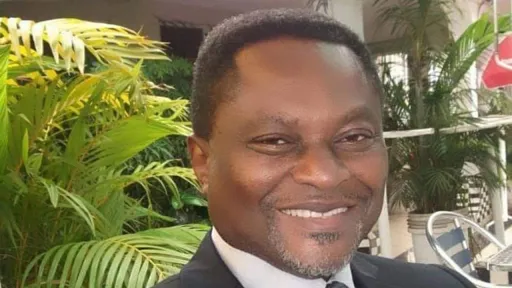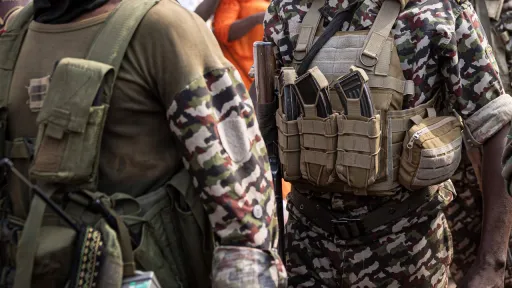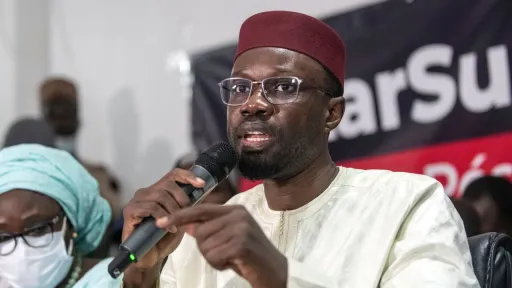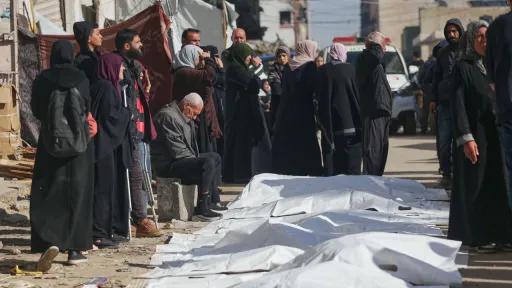By Kudra Maliro
Known for their unique lifestyles, distinct languages and diverse cultures, the approximately five thousand Indigenous communities across the globe face numerous threats in a fast-modernising world.
Their diversity is their point of unity. They share similar challenges relating to threats to their sovereignty, economic well-being, languages, way of life, and access to the resources on which their cultures depend.
The United Nations Educational, Scientific and Cultural Organization (UNESCO) reckons that for decades, indigenous peoples have been demanding recognition of their identity, territories and natural resources, but they continue to suffer discrimination and injustice.
Indigenous People Day
"Celebrated every year on 9 August, the International Day of the World's Indigenous People is an opportunity to pay tribute to these communities and their knowledge," said Audrey Azoulay, Director-General of UNESCO, in a message to mark the day.
Indigenous peoples represent 476 million people in 90 countries. Although they account for only 5% of the world's population, they are currently 15% of the most marginalized people on the planet.
"On Indigenous Day, we celebrate young indigenous people and their role in creating change. They must be involved in the decisions that affect their future," UN Secretary-General Antonio Guterres posted on X formerly known as Twitter on Wednesday.
There are almost 10,000 indigenous Batwa people in the Democratic Republic of Congo (DRC) who have already lost legal access to their homeland, which has been turned into a conservation area for endangered gorillas. They are desperately awaiting promises from the authorities to return to a decent life.
Under the theme "Indigenous youth as agents of change for self-determination", indigenous peoples are seeking recognition of their rights and promotion of their heritage.
In the DRC, law no. 22/030 of 15 July 2022 on the protection and promotion of the rights of indigenous pygmy peoples has been promulgated.
This law puts an end to the marginalization and discrimination suffered by indigenous pygmy peoples. It grants them free access to education, justice and the promotion of indigenous medicinal products.
Nothing has changed
For the Batwa community, however, nothing has changed. Displaced by the authorities from the Kahuzi-Biega National Park in the 1970s, the Batwa are now threatening to take return to the forest that they claim to be their rightful abode.
Jean-Marie Kasula, president of the Pygmy (Batwa) community in the village of Muyange, makes no secret of his dismay at the delay in fulfilling the promises made by the government since 2019.
"I am very worried to see our people dying of hunger and disease without legal access to their traditional means of subsistence or to the alternatives that have been promised to us", said Mr. Kasula.
Linguistic and cultural diversity
According to UNESCO, indigenous peoples have inherited great linguistic and cultural diversity, as well as ancestral customs and traditions. They are home to no fewer than 5,000 different cultures and speak the vast majority of the world's 7,000 or so languages.
"Indigenous knowledge and traditions can help solve many of today's challenges," Mr. Guterres added..
Despite their diversity, most indigenous peoples share important commonalities, notably their links with their ancestral lands and their environment, as well as the desire to preserve their way of organizing themselves and their cultural, social and economic values, which often contrast with the dominant norms of the societies in which they live.
Every year on 9 August, the world celebrates the International Day of the World's Indigenous People to raise public awareness of the need to respect the rights of indigenous peoples. The date was chosen to commemorate the first meeting of the United Nations Working Group on Indigenous Populations, held in Geneva in 1982.



